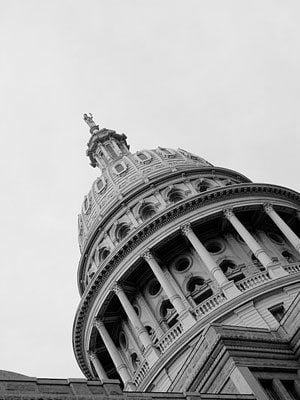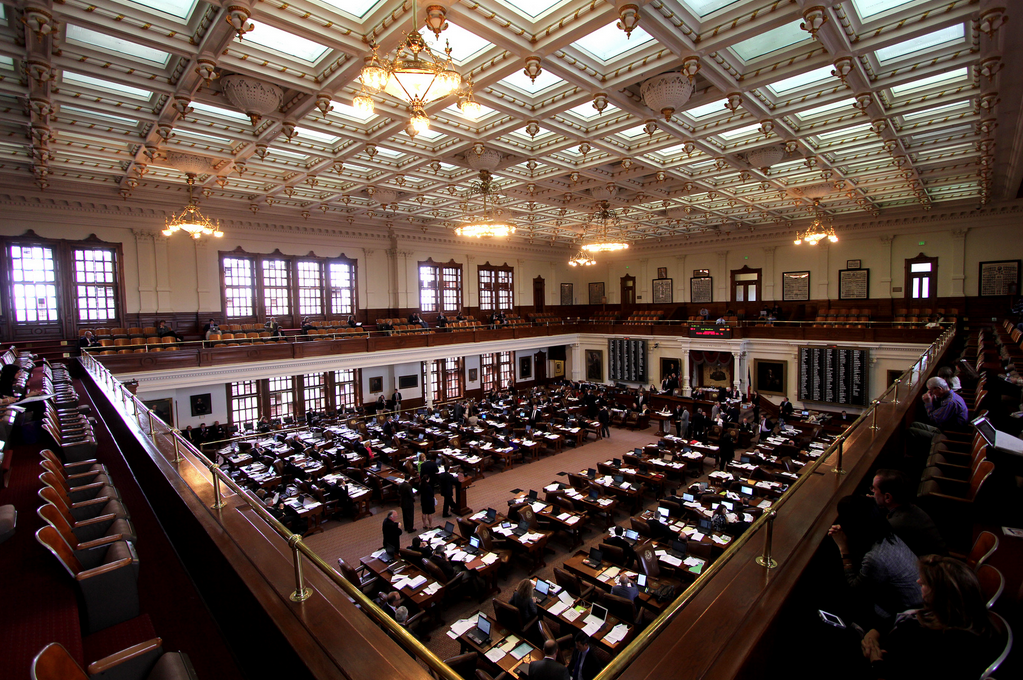
Goodbye, 84th Texas Meh-gislature

It was the not-so-bad of times; it was the not-that-great of times.
How did the recently laid-to-rest Lege session go? On one side of the analytical spectrum, you have Lt. Gov. Dan Patrick, who posited that the 84th was “one of the most, if not the most, productive legislative sessions in the history of the Texas Senate,” and added that House Bill 1 was “the best budget the Senate’s ever produced.” On the other, you have Congressman Joaquin Castro, who elected to speak ill of the recently departed by calling the 84th “perhaps the worst legislative session in Texas history,” which is a pretty high bar—there are many other fine candidates.
But the much more commonly expressed sentiment at the Capitol in the last few weeks has been a shrug, and some variation of the sentiment: It could have been worse. None of the three ideological factions that hold power in the Lege—conservative Republicans, establishment Republicans and Democrats—did exceptionally well.
The most fiery impulses of Patrick and the Senate freshman were blunted by the process, and tea partiers know it. Patrick was unable to advance many of the issues he railed on to win his primary, like repealing in-state tuition at state colleges for undocumented residents, and his number one priority, a property tax cut plan, shrank over time. House Republicans helped fix a few substantial issues—pensions, health care for teachers—but lost other fights, including attempts to bolster Medicaid and the state’s crummy school finance system, and did worse than their Senate counterparts in budget negotiations. And effectively powerless Democrats can claim credit for helping to kill some bad bills, but will remain dyspeptic about the state’s general direction.
Where substantial policy disagreements existed, lawmakers often sidestepped the issue entirely rather than hashing things out. A lot of cans got kicked down the road, as Kevin Eltife and Jimmie Don Aycock can tell you. One example of the session’s M.O.: The cost of the Hazlewood program, which discounts tuition at in-state colleges for veterans and their children, has ballooned. Because the state doesn’t fully reimburse colleges for the cost of the law, it amounts to a giant unfunded mandate on overburdened educational institutions.
Lawmakers finally had a debate on Hazlewood this year. They could have fixed the program by cutting the benefits, or they could have used some of the $18 billion dollars in unspent money the state is hoarding to fully fund the mandate lawmakers set. They did neither: In one of the session’s headlining feel-good moments, the House chose to punt the ball. Veterans’ benefits, of course, are laudable. But the cheerful way in which the Lege elected to skip over the hard questions the program poses seemed emblematic of a larger problem.
To be fair, the state had some new players this go-round, Patrick and Gov. Greg Abbott among them. There’s a steep learning curve to their new positions. And it’s encouraging that, after what had been a bumpy road, they and Speaker Joe Straus were able to come to agreement on many of the issues facing them, avoiding a potentially disastrous special session on budget issues—even if the results of those deals aren’t particularly laudable. Of the six Legislatures since 2001, five have needed summer special sessions for unfinished work. It seems like we won’t have one. Abbott set reachable goals as his emergency items for the session, and he won enough of them to declare victory.
There are much worse things the 84th Legislature can do than not doing much at all. But there’s also an opportunity cost here: The state’s shaky near-term economic prospects mean the 85th Legislature could face a more difficult set of circumstances than the 84th did. Lawmakers had a hell of a lot of money this go-round, and an opportunity to make more serious, thoughtful changes to the way the state works.
Instead, with tax cuts and other budget ploys, they ensured that future lawmakers will have less money to play with, in a harder economic climate. The longer the state goes without rectifying its systemic underinvestment in education, infrastructure and health care, the more it is going to cost to catch up.
But, you know: It could have been worse! There’s a palpable sense of relief in Austin. School is out, and the state hasn’t burned to the ground. So, lawmakers, enjoy your summer.


